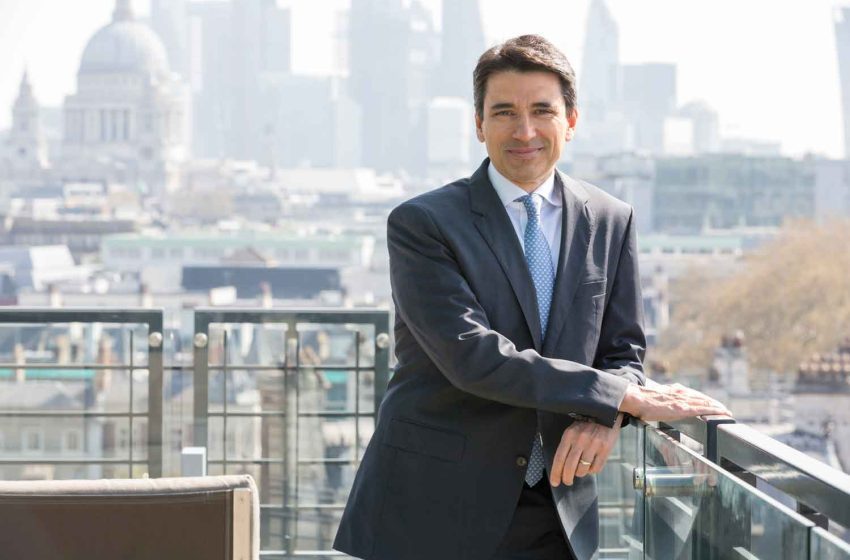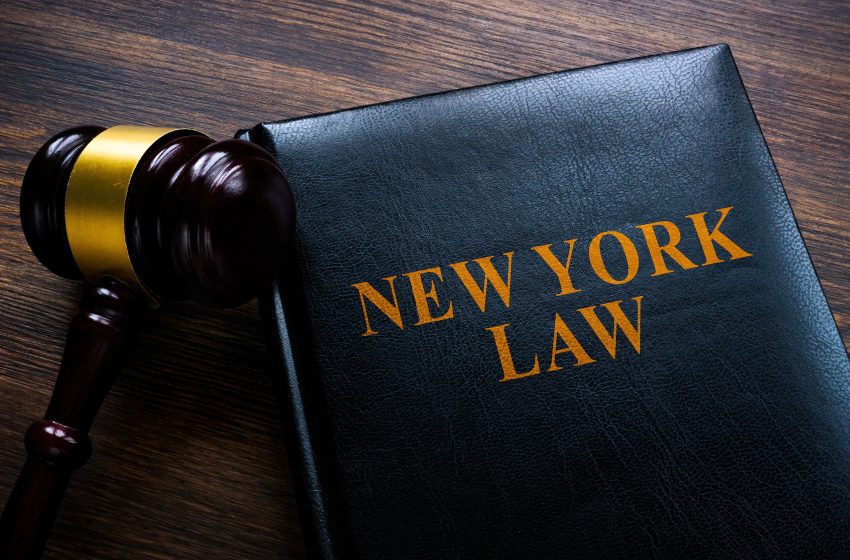Marroco noted that there are advantages to staying in the U.K. Read More
Tags :New York
New York City says the defendants illegally sold flavored vaping products.Read More
Some worry about police violence while others fret about unethical marketing practices. Read More
New York Labor activists say the proposal could put 4,000 employees out of work. Read More
Critics believe banning flavored tobacco would lead to unfair outcomes for people of color. Read More
AG office announces a $50 million deal with Grand River and Native Wholesale Supply. Read More
Proponents dismiss ‘Big Brother’ concerns, saying consumers can opt out.Read More
Governor Andrew Cuomo has announced that New York’s smoke-free areas will be expanded to state parks and historic sites, according to a report by Jess String for The Legislative Gazette. The expansion will take Read More
Wanna make a quick $1,944,000? Buy a truckload of cigarettes in Virginia and sell them in New York. Yeah, it’s illegal. But that’s how much can be made from selling a tractor trailer’s Read More






